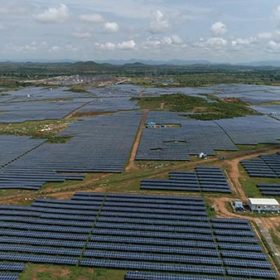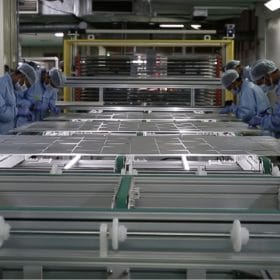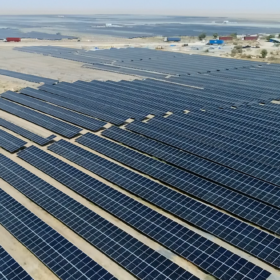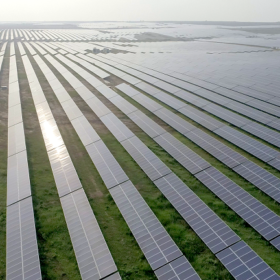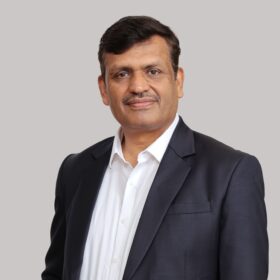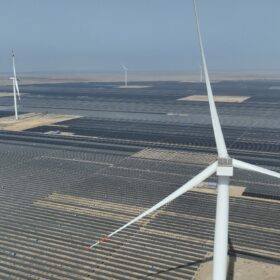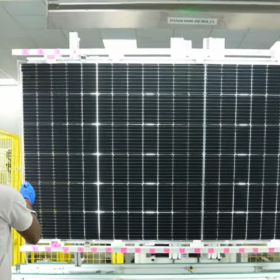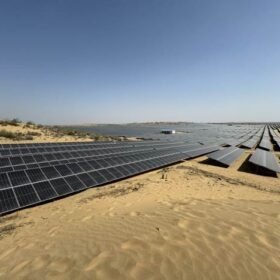Commercial and industrial sector alone could drive 75GW of renewables addition by 2030
Ratings agency ICRA says commercial and industrial consumers in India will drive an incremental renewable energy capacity addition of at least 75GW by 2030—assuming they meet 20% of their energy demand through renewables.
AP High Court order upholding the sanctity of solar PPAs a positive news but timely implementation remains critical, says ICRA
In the matter of power purchase agreement (PPA) tariff renegotiation, the high court of Andhra Pradesh has directed the state discoms to honor the PPA terms and clear the pending payments to solar and wind power developers within six weeks from the date of the order. The incremental impact on power purchase cost for the AP discoms is estimated at about INR 10,500 crore, due to the build-up of dues arising out of the difference between the PPA rate and interim rate over the last three-year period.
Green hydrogen for $5/kg at co-located projects
Ratings agency ICRA has estimated Indian green hydrogen will cost that much if produced at sites featuring clean energy generation capacity and electrolyzers. That is between 50 US cents and a dollar per kilogram cheaper than in locations where the two systems are not co-located, with the saving possible due to a reduction in open-access, intra-state grid charges.
ICRA expects strong demand outlook for domestic solar manufacturers
As domestic solar manufacturers relying on imported cells remain exposed to price fluctuations, timely commissioning and ramp-up of on-going capex in module manufacturing value chain remains critical in the near to medium term.
India may add 12.5GW of solar in 2022-23
Ratings agency ICRA expects the solar boost based on the backlog of PV projects awarded by central and state electric utilities.
ICRA-monitored solar PLFs remained stable in FY2021
The median plant load factors in the key solar power generating states remained largely stable varying between 17% and 20% across states, depending on the plant location and DC-AC ratio.
ICRA improves energy demand outlook for FY2022
The ratings agency expects the energy demand in FY 2021-22 to grow by 8-8.5%. While the increased energy demand will improve the thermal plant load factor (PLF) level, this sector outlook remains negative as the PLF level will remain below 60%.
ICRA assigns stable outlook to India’s renewable energy sector
The outlook is supported by a strong project pipeline, competitive tariffs, and continued policy support. The demand outlook for domestic solar module manufacturers also remains favorable.
ReNew Power signs PPA for 400 MW round-the-clock supply
The Indian developer will build a 1,300 MW hybrid renewable energy capacity (900 MW wind plus 400 MW solar) supplemented with storage to ensure a round-the-clock supply. The project cost is estimated at approximately US$ 1.2 billion.
Electricity demand in India to grow at 6% in FY2022
Ratings agency ICRA maintains a negative outlook for thermal power generation despite a rise in electricity demand. The thermal plant load factor will remain subdued at 57%. The gap between the average cost of supply and the average tariff for discoms is estimated at 70-75 paise per unit for FY2022.

